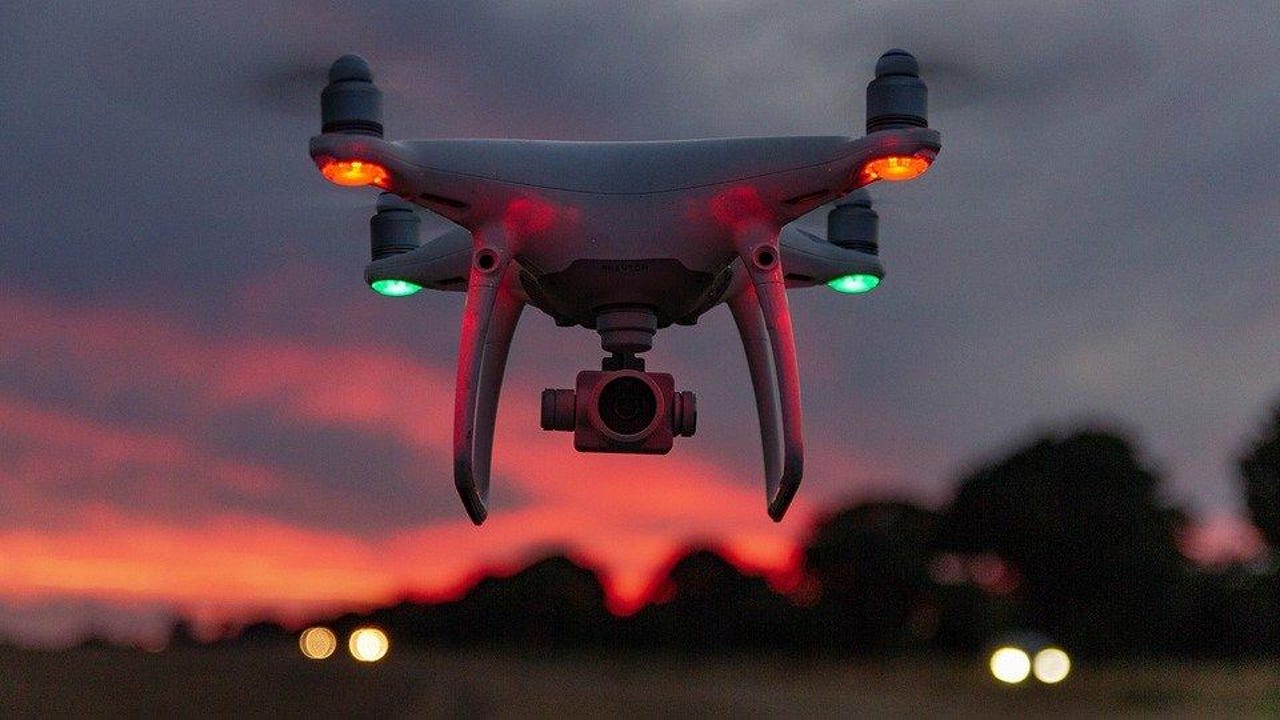Budget 2021: Drones and aviation tech gets AU$32 million


Ahead of the 2021-22 Budget being handed down on Tuesday, the federal government has announced a new digital economy strategy, which it described as an investment into the settings, infrastructure, and incentives to grow Australia's digital economy.
The strategy, costing just shy of AU$1 billion, is set to include work on "emerging aviation technologies".
The government will be making a two-year, AU$32.6 million investment in an Emerging Aviation Technology Partnerships program to "support the use of emerging aviation technologies to address priority community, mobility, and cargo needs in regional Australia".
The program will see the government partner with industry to look into tech such as electric engines, drones, and electric vertical take-off and landing aircraft.
"This program will support the digital transformation of Australian businesses, increase business efficiency, and reduce carbon emissions through new technology," the government said.
"It will also support repositioning of aviation for post-COVID success and provide opportunities for a number of industry partners to demonstrate their capability in areas that show significant opportunity to benefit the economy and community, particularly in regional Australia."
The government said collaboration with industry to support the introduction of new aviation technology will fast-track the country's ability to unlock the projected economic benefits, jobs, and efficiencies the use of such tech promises.
It is expected the proposed technology partnerships will address growing manufacturing jobs in electric aviation, connecting regional communities, digital farming, boosting regional supply chains, and improving health outcomes for remote Indigenous communities.
Applications for partnerships will open later this year.
The government has also pledged to work on a the National Emerging Aviation Technology Policy Statement it said would set the framework for managing new aviation technologies.
Must read: Would Uber Elevate have taken off in Australia?
"The policy statement provides the government's framework for managing and enabling drones and other emerging aviation technologies. The government will work closely with industry and other jurisdictions in the development of these initiatives and approaches," it said.
The policy statement also includes activities in relation to unmanned aircraft system traffic management, regulatory modernisation, and industry support.
The Budget also accounts for the creation of a framework for a Drone Rule Management System.
The Commonwealth government is developing the system alongside state and territory governments to enable a consistent framework for drone operating restrictions to be submitted, assessed, and implemented.
"This web-based system will allow drone operators to view all the relevant operating restrictions in an area through mobile applications and other interfaces," it explained. "This will assist commercial and recreational drone operators, as well as members of the public concerned about drones, to access all relevant information about the use of drones in Australia and support for industry that may be available."
It is anticipated the system will also support a new enforcement scheme to allow infringement notices to be issued for minor breaches of airspace rules.
The Drone Rule Management System is anticipated to go live in 2023-24.
Lastly, the government will also be developing a National Drone Detection Network.
"Drones are an emerging technology that unlock significant opportunities, but also present security, cybersecurity and safety risks," the government said. "These risks are increasing as rapid advances in off-the-shelf drone technology reduce the resources and expertise needed to carry out sophisticated operations with a drone."
To that end, it expects the National Drone Detection Network will be a "coordinated system of scalable and modular infrastructure" to detect drone activity around airports, flightpaths, and other sensitive areas and provide relevant data to relevant parties.
"This will be essential to address security risks related to drones, and will also assist with administering regulations relating to safety, privacy, noise, spectrum and environmental impacts," it said.